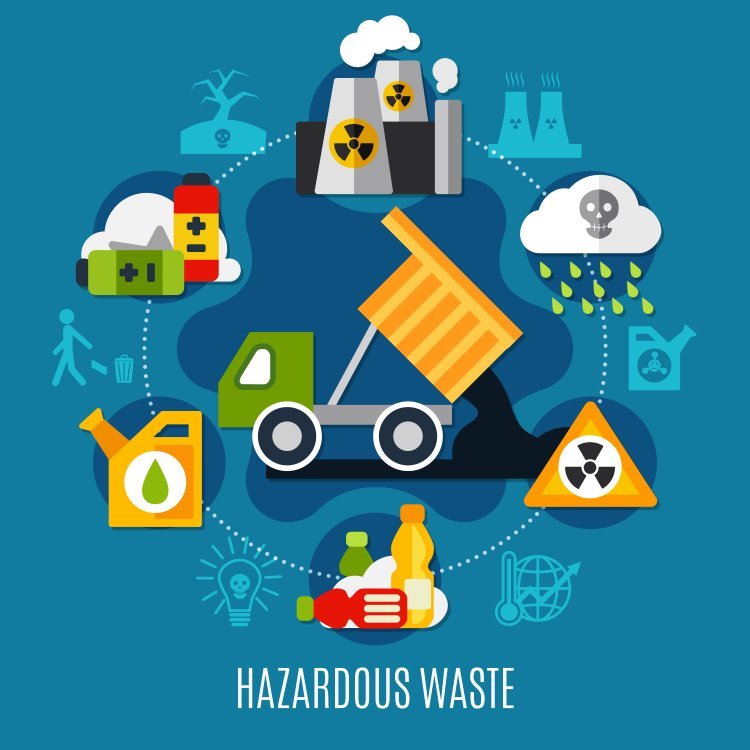Hazardous Waste and Skip Hire: What You Need to Know in London
This article aims to provide an overview of hazardous waste management and skip hire services in London, emphasizing legal obligations, practical tips, and environmental impact considerations.

In bustling urban centers like London, proper management of hazardous waste is not just a legal requirement but a crucial step towards environmental sustainability and public health. Understanding the nuances of hazardous waste disposal and the role of skip hire Coulsdon services can significantly impact both businesses and individuals alike.
What Constitutes Hazardous Waste?
Hazardous waste encompasses a broad range of materials that pose substantial risks to human health or the environment. These can include:
- Chemicals: Such as paints, solvents, acids, and pesticides.
- Electrical Equipment: Containing hazardous components like mercury or lead.
- Batteries: Both automotive and household types.
- Asbestos: Common in older buildings and highly dangerous if disturbed.
- Medical Waste: Pharmaceuticals and items contaminated with bodily fluids.
- Oils and Oil Filters: From vehicles and machinery.
Legal Obligations
In the UK, businesses and individuals producing hazardous waste must adhere to strict regulations under the Environmental Protection Act 1990 and subsequent amendments. These regulations govern:
- Classification: Determining whether waste is hazardous and assigning it the appropriate European Waste Catalogue (EWC) code.
- Packaging and Labelling: Ensuring proper containment and clear labeling of hazardous waste.
- Transport and Disposal: Using licensed carriers and authorized facilities for safe disposal.
Skip Hire Services: Facilitating Safe Waste Disposal
Skip hire Leatherhead Services play a pivotal role in managing hazardous waste effectively. Key considerations include:
- Specialized Skips: Available for hazardous materials, ensuring compliance with legal requirements.
- Collection and Transport: Managed by licensed carriers who understand the complexities of hazardous waste.
- Disposal: Utilizing authorized treatment facilities (ATFs) equipped to handle specific types of hazardous waste.
Practical Tips for Businesses and Individuals
- Identification: Properly classify and segregate hazardous waste at the source.
- Documentation: Maintain accurate records of waste types, quantities, and disposal methods.
- Training: Ensure staff handling hazardous waste are trained in safety protocols.
- Compliance: Stay updated with current regulations and seek advice from waste management experts if unsure.
Environmental Impact and Sustainability
Effective management of hazardous waste not only mitigates immediate risks but also contributes to sustainability goals by:
- Reducing Pollution: Preventing hazardous substances from contaminating soil, water, and air.
- Resource Conservation: Enabling recycling and recovery of valuable materials from waste streams.
- Legal Compliance: Avoiding fines and penalties associated with improper waste management practices.
Conclusion:
Navigating hazardous waste regulations and utilizing skip hire Weybridge services requires diligence and adherence to legal frameworks. By partnering with reputable waste management companies and staying informed about current practices, businesses and individuals can contribute to a cleaner, safer environment for all.
For more detailed guidance on hazardous waste management in London, consult local environmental agencies or licensed waste carriers who specialize in hazardous materials. Stay informed, stay compliant, and prioritize environmental responsibility in every waste disposal decision.
What's Your Reaction?










